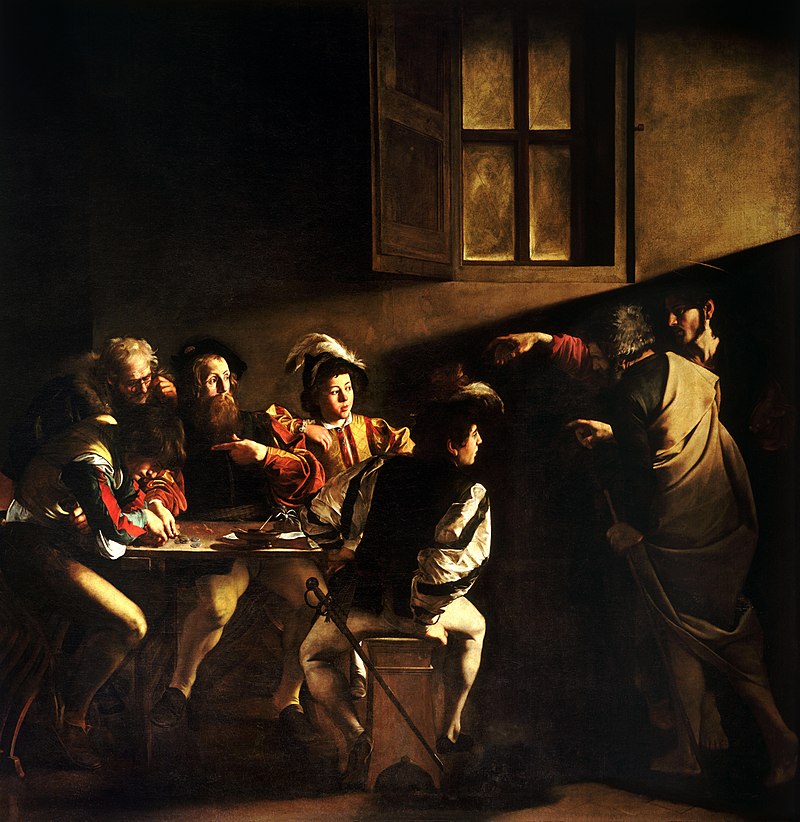While they were all amazed at his every deed, Jesus said to his disciples, “Pay attention to what I am telling you. The Son of Man is to be handed over to men.”
In today’s Gospel reading, the disciples surely listened closely to Jesus as he said to them “pay attention,” yet they did not understand what he meant by saying he would be handed over to men. Even more, they were afraid to ask him what he meant. The darkening days described in the first reading from Ecclesiastes serve as a backdrop for these words of Jesus. The sun is darkened, and the light of the moon and stars is darkened. This sounds like imagery that suits Good Friday, where all the light and hope that Jesus brought to his disciples seemed to be overshadowed by the horror of the cross and by death. Yet, unlike his disciples, we know the story doesn’t end in darkness and death but in new life and resurrection.
Like Qoheleth expresses in Ecclesiastes, there are days when I feel the shortness of this life and the days that come when there is no pleasure, where darkness comes and all things are vanity. But, God, clear my mind to understand that this is not all there is, that there is a time for this life to end and a new one to come. The Gospel acclamation says, “Our Savior Christ Jesus destroyed death and brought life to light through the Gospel.” The shortness of life, Lord, I often lament, but help me keep at hand the words of your Son who asks that I pay attention: “The Son of Man is to be handed over to men.” It was after that, at the Last Supper, that Jesus institutes the Eucharist. In the aftermath of his crucifixion, in your Son’s resurrection, darkness gives way to dawn, death is destroyed, and eternal life is brought to life. Thanks be to you, Father in heaven!
God, I know you love me. Be present with me today. Give me the grace to recognize your presence, and in the wisdom of the Holy Spirit, know and do your will.
Glory be to the Father, and to the Son, and to the Holy Spirit. As it was in the beginning, is now, and ever shall be, world without end. Amen.
